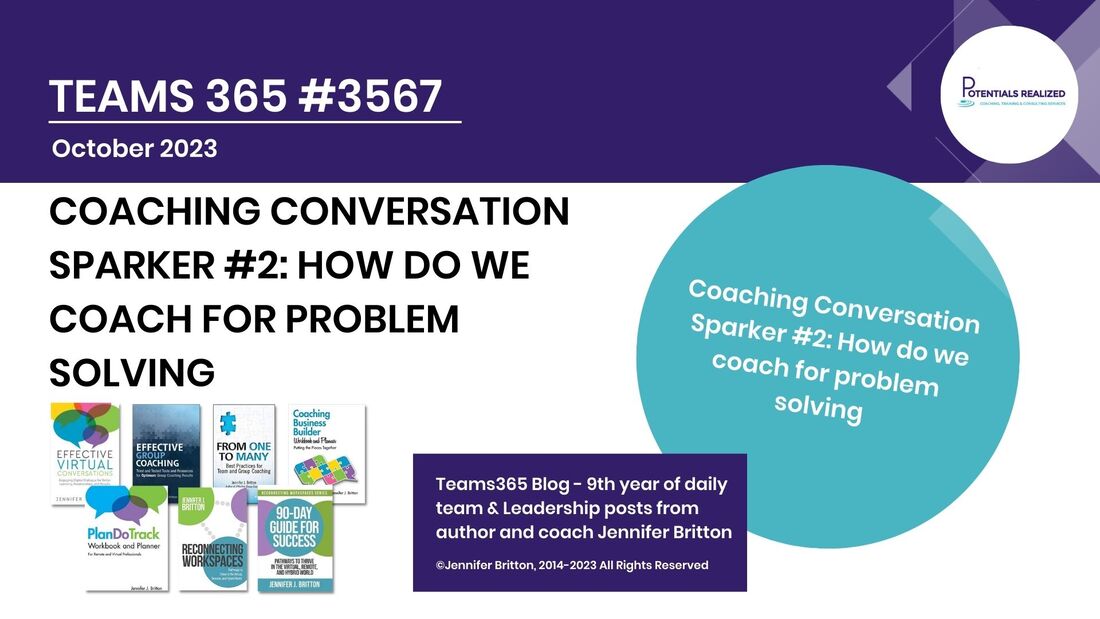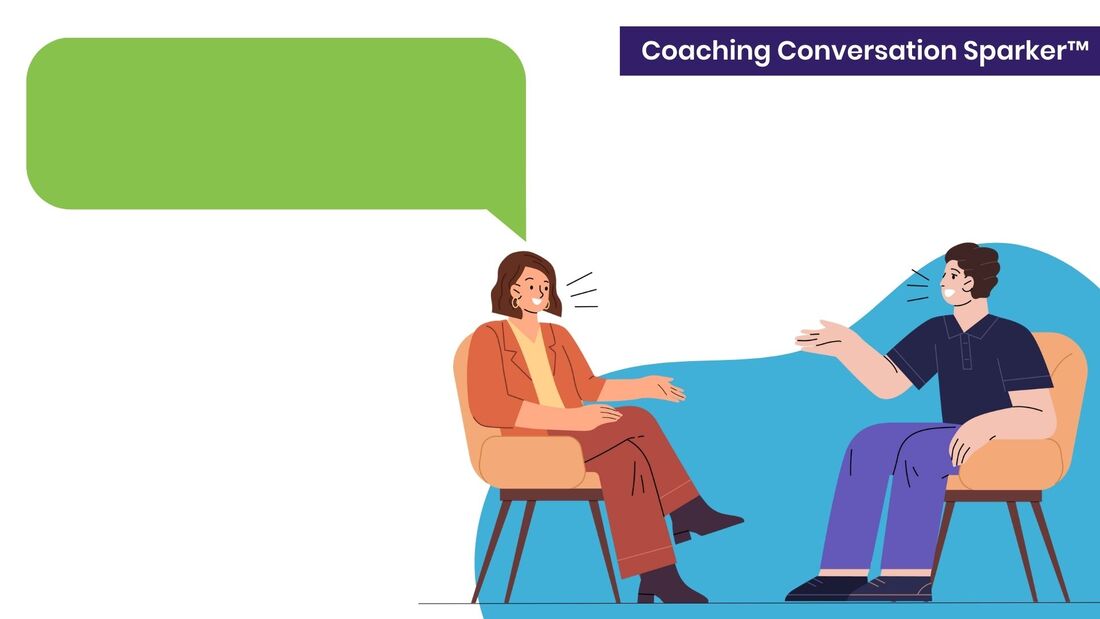Coaching for problem-solving is a valuable skill, as effective problem-solving is crucial in both personal and professional life. Whether you're a leader guiding your team or an individual seeking to enhance your own problem-solving abilities, here are some key strategies for coaching problem-solving skills:
- Define the Problem Clearly: The first step in effective problem-solving is to define the problem accurately. Encourage individuals to clarify the issue they're facing, including its scope, impact, and underlying causes. A well-defined problem is easier to solve.
- Encourage Critical Thinking: Promote critical thinking by asking open-ended questions. Encourage individuals to explore different perspectives, challenge assumptions, and consider the broader context of the problem.
- Provide Tools and Techniques: Share problem-solving frameworks and techniques like the 5 Whys, SWOT analysis, or the Fishbone diagram. These tools can guide individuals through the problem-solving process systematically.
- Break Down Complex Problems: Encourage individuals to break down complex problems into smaller, more manageable components. This makes it easier to identify and address each part of the problem individually.
- Promote Creativity: Creativity is a key element in problem-solving. Encourage brainstorming sessions and creative thinking exercises to generate innovative solutions.
- Set Realistic Goals: Help individuals set clear and achievable goals for problem resolution. This keeps them focused and motivated throughout the problem-solving process.
- Develop Decision-Making Skills: Effective problem-solving often involves making decisions. Teach decision-making techniques and the importance of evaluating potential outcomes and risks.
- Emphasize Collaboration: Problem-solving is often a team effort. Encourage collaboration by facilitating group discussions and leveraging diverse perspectives to find solutions.
- Implement Continuous Improvement: Problem-solving doesn't end with a solution. Encourage individuals to evaluate the effectiveness of their solutions and seek opportunities for continuous improvement.
- Foster Resilience: Problem-solving can be challenging and may involve setbacks. Teach resilience by emphasizing that failures are opportunities for learning and growth.
- Provide Support: Offer guidance and support throughout the problem-solving process. Act as a sounding board, provide feedback, and help individuals stay on track.
- Celebrate Success: When a problem is successfully resolved, celebrate the achievement, no matter how small. Positive reinforcement reinforces problem-solving skills.
Coaching for problem-solving is about equipping individuals with the mindset and skills to tackle challenges effectively. By applying these strategies and creating a supportive learning environment, you can help individuals become adept problem solvers, contributing to personal and professional growth.
Potentials Realized |Reconnecting Workspaces | Group Coaching Essentials
Team and Leadership Development | Coaching | Retreats
Follow us on Instagram @ReconnectingWorkspaces
Follow us on TikTok at https://www.tiktok.com/@groupcoach
Phone: (416)996-8326
Reach out to book a conversation regarding how your team can benefit from the Everything DiSC. Send an email to Jennifer OR book a call
Check out my TEDx talk on Coaching Teams Through Chaos and the Six Factors™
Looking to bring your workplaces back together, whether you are remote, hybrid, or face-to-face? Pick up a copy of my new book, Reconnecting Workspaces, at Amazon.


 RSS Feed
RSS Feed





